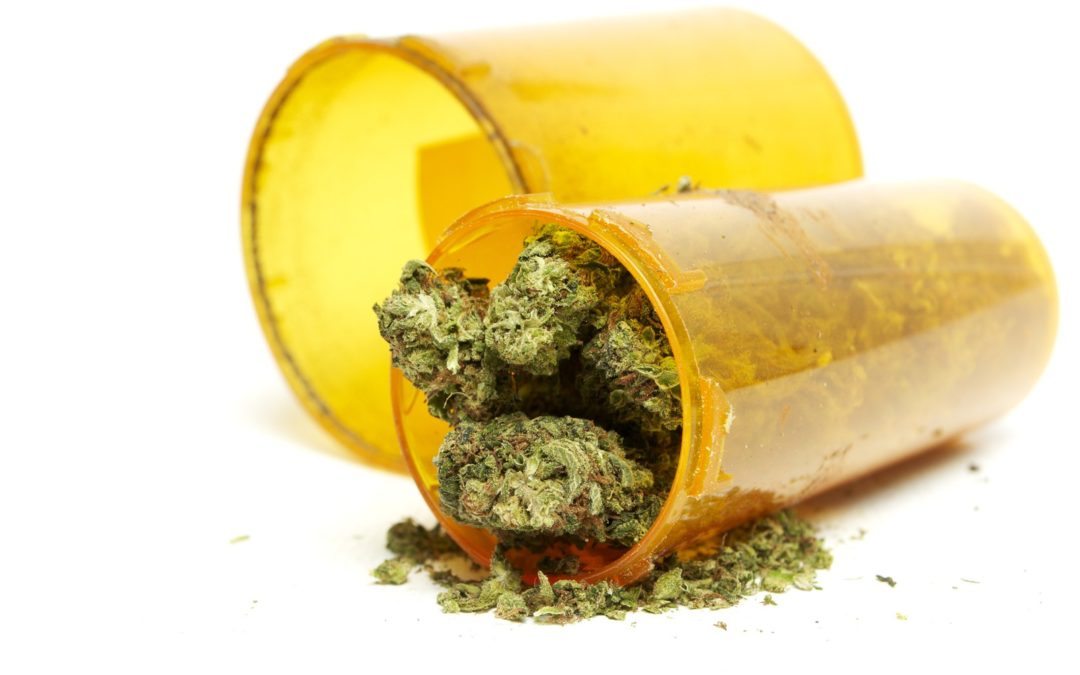The fact that “a teaspoon of sugar helps the medicine go down” is really telling. Clearly medicine provokes memories or an expectation of a horrible experience that demands sugar to be even remotely palatable. From Cod liver oil regimens to Penicillin so many of us have been traumatized by our early childhood experience with medication that we have come to believe that medicine must be disgusting to work.
Effects and Results of Medications Vary
The list of medications that are nasty to taste is, well, all of them as far as I know. Certainly Penicillin, Bactrim, Ciprofloxicin, and Flagyl are just a few antibiotics that you’re likely familiar with that qualify as nasty. Of course, it isn’t their nastiness that makes them work, nor that they work that causes them to be nasty.
What’s more important than how they taste is how they make you feel while you’re taking them. People taking Erythromycin (or Azithromycin) report all manner of stomach upset, as do many taking more sophisticated penicillins like Augmentin. Patients taking Flagyl report a foul taste in their mouths, but more importantly report muscle aches, sluggishness, and general malaise. People taking beta-blockers for their hearts complain of fatigue, depression, and in men, erectile dysfunction. That last one is a serious barrier to compliance!
Perhaps no class of medications causes as much unwanted side effects as anti-epileptics. Dilantin and Tegretol can cause life threatening skin degeneration, or liver failure. More commonly they can, as a group, cause confusion, fatigue, somnolence, slurred speech, and discoordination. Ironically, for all those complications, these medications only allow 70% of patients to gain control of their seizures.

Narcotics and benzodiazepines clearly can be habit forming, but also can lead to fatigue, memory loss, confusion and loss of coordination. The most prescribed class of medications, the SSRI, used for depression and/or anxiety, can lead to fatigue, somnolence, and weight gain.
Yet, with all the side effects and complications associated with these medication we use them readily because, for the most part, when used for the correct diagnosis, they work. We tolerate a certain amount of discomfort for the greater benefit.
Imagine that there were an alternative to some of these medications, particularly for pain, insomnia, depression, anxiety, weight loss, and muscle spasms. What if this medicine didn’t make you feel bad, and had almost no risk of serious complications? Imagine that this medication had side effects too, but those side effects included happiness, relaxation, and somnolence.
Medical Marijuana Side Effects are Used Therapeutically
Perhaps this medication is starting to sound too good to be true. Or maybe we are just so conditioned to expect our medications to be unpleasant that we can’t believe there is one that isn’t so painful!
The medication we’re talking about, of course, is Cannabis. It’s not a cure-all, and it does have side effects. However, those side effects are often used therapeutically, to treat insomnia, for example. The risk associated with Cannabis use is generally very low, and significantly lower than many of the medications we’ve discussed here.
Please don’t assume that Cannabis will treat a Strep throat or your heart disease. Conventional medicine, among other things, really does work. However, for many illnesses Cannabis can be effective, safe, and surprisingly pleasant instead of miserable. There are even health benefits to medical marijuana, especially for those with serious conditions.

Colleagues often ask me “why can’t we put Cannabis in a pill, so we can get the good effects without the high?” Leaving aside the economic arguments against “pharmaceuticalizing” medical marijuana, I always answer, “when most other meds make you feel crappy, why would we try to undo this medication that actually makes you better and feel good in the process?” Now it’s true that getting work done while “high” can be challenging, particularly for patients new to Cannabis therapy, it is remarkable how little discussion is had on the subject of trying to get any work done while “low” on Flagyl, a Z-pak, Dilantin, or Metoprolol, just to pick on a few. Chronic pain, insomnia, and anxiety are particularly bad for productivity too.
Studies on driving safety impugn Cannabis, at least for new users, but also demonstrate decreased safety for narcotic users, antibiotic users, benzodiazepines takers, insomniacs, and chronic pain sufferers as well. Clearly being sick just isn’t good for you.
Perhaps it is time that we re-examine our medical, personal, and societal views on the unpleasantness of medication as relate to their efficacy and acceptability. In the end, if a medicine makes you better, and feel better, well, that’s better than any of the other choices.
Medical Cannabis can help to alleviate the symptoms of conditions including but not limited to chronic pain, arthritis, ALS, MS, chronic insomnia, cancer, glaucoma, depression, anxiety, and HIV/AIDS. To discuss whether you could be a suitable medical marijuana patient, call Inhale MD at (617) 477-8886 today.

